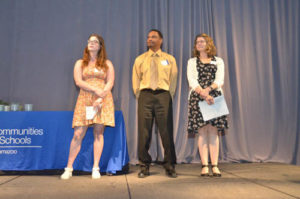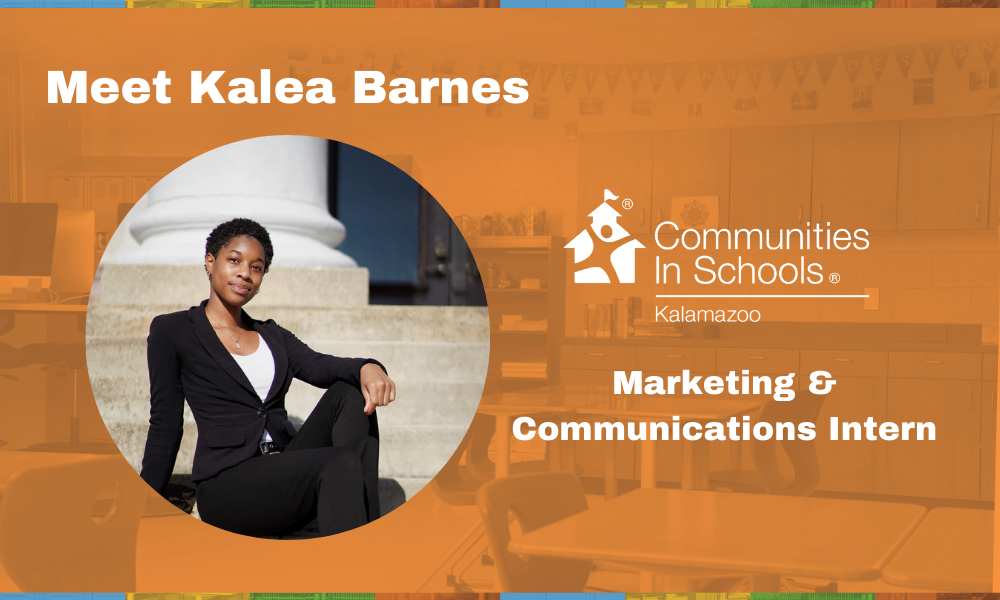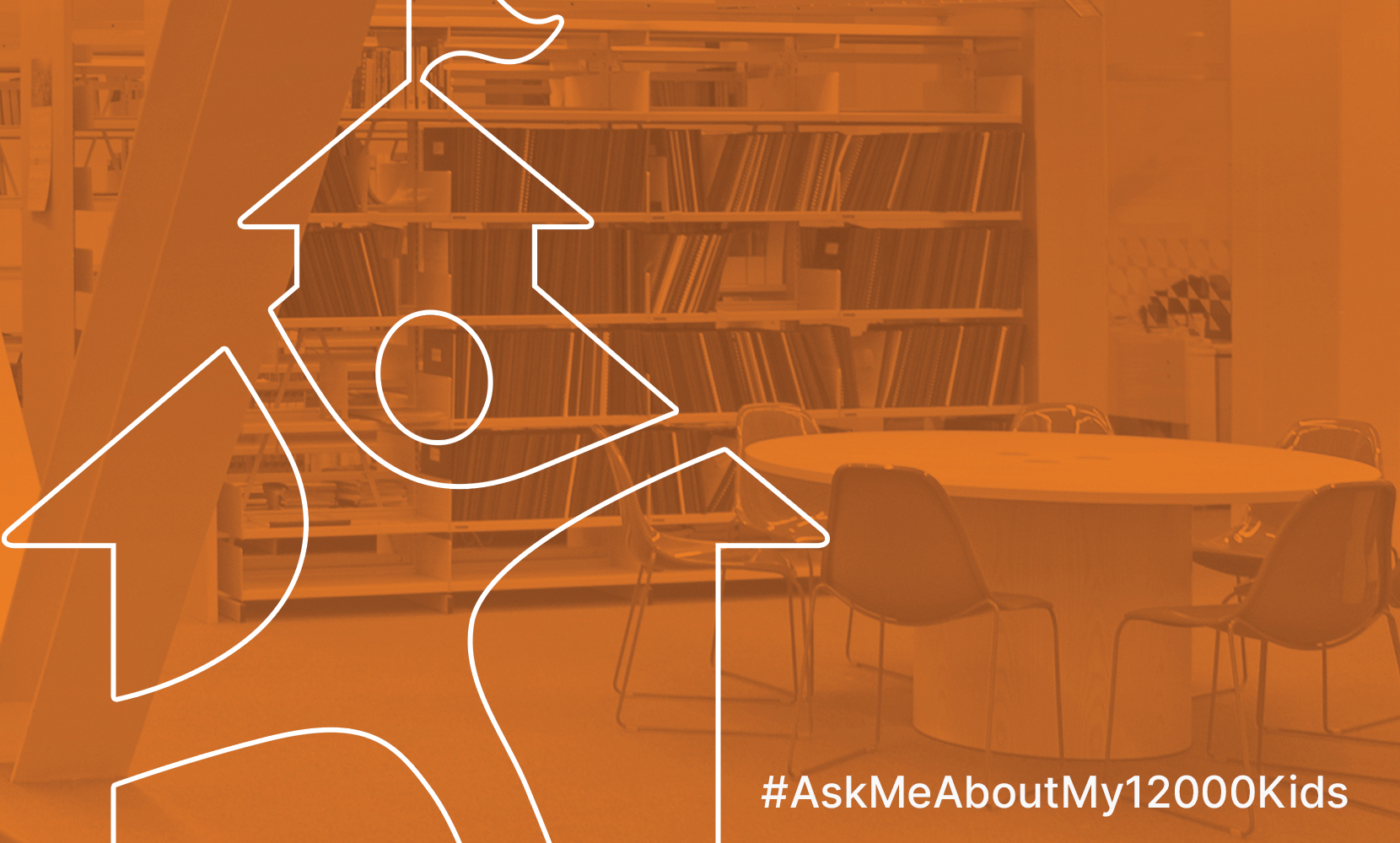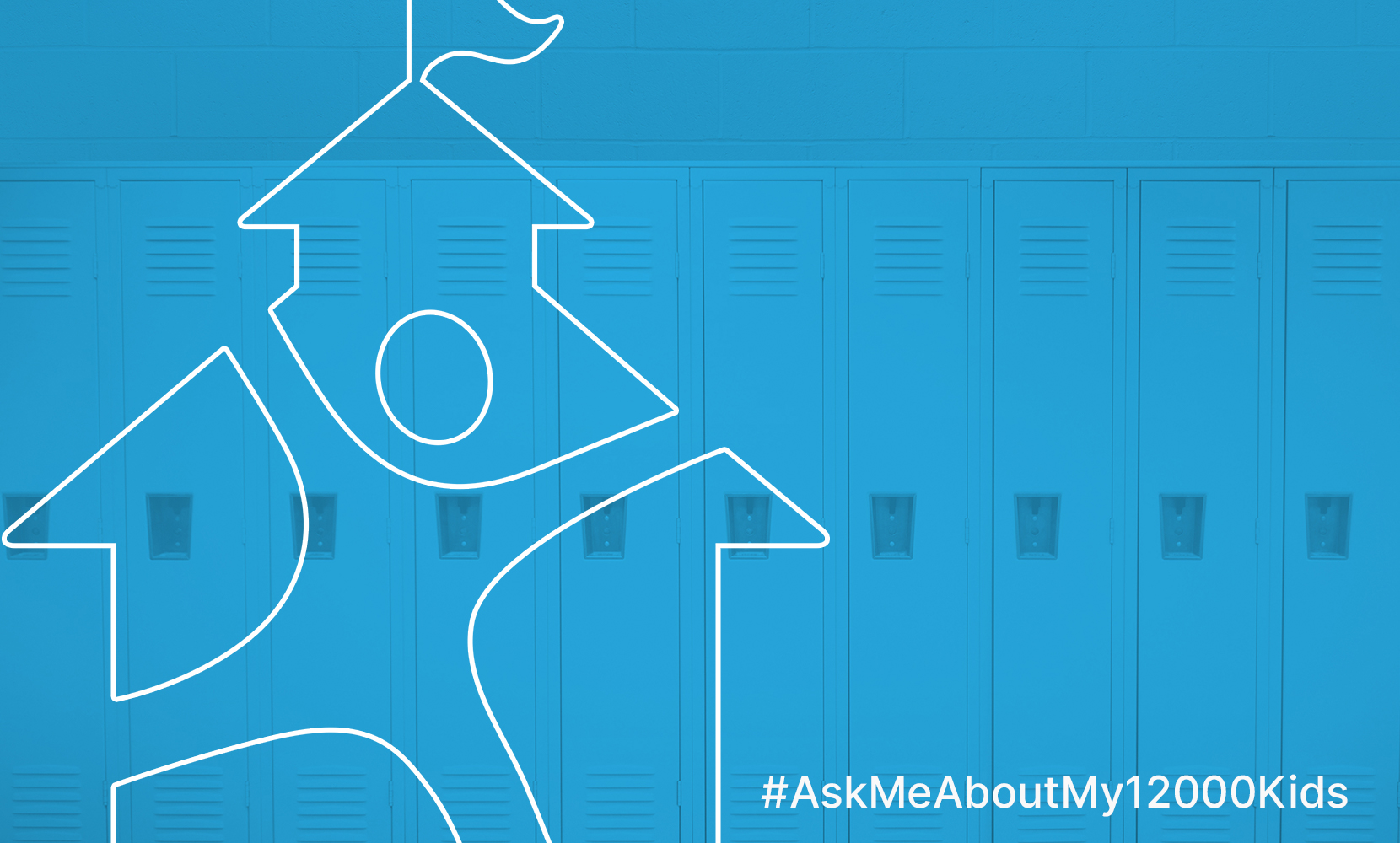Rod Raven Coaching Kids Both On and Off the Court
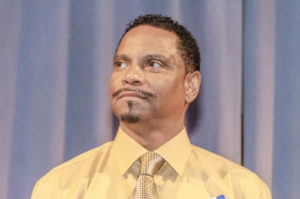 Welcome back to the POP QUIZ! This is a regular, yet totally unexpected, feature where we ask students, parents, staff, our friends, and partners to answer a few questions about what they are learning, reading, and thinking about. Today we feature Rod Raven, who is the lead Activity Helper at Arcadia Elementary School where he also serves after school as basketball coach for both boys and girls. In both these roles, Rod works with CIS to assure students have what they need to succeed in school and life. Rod is a 2019 Champ recipient and if you missed what was said about him at Champs, go here.
Welcome back to the POP QUIZ! This is a regular, yet totally unexpected, feature where we ask students, parents, staff, our friends, and partners to answer a few questions about what they are learning, reading, and thinking about. Today we feature Rod Raven, who is the lead Activity Helper at Arcadia Elementary School where he also serves after school as basketball coach for both boys and girls. In both these roles, Rod works with CIS to assure students have what they need to succeed in school and life. Rod is a 2019 Champ recipient and if you missed what was said about him at Champs, go here.
Born and raised in Gary, Indiana, Rod came to Kalamazoo in 1985 seeking better employment opportunities. Prior to working at Arcadia Elementary, he ran summer programs, including working six years at the Boys and Girls Club. Rod is also the proud father of three children. His son Demonte is a military police officer, daughter Taysha attends college at KVCC, and daughter Nakia is a therapy behavior technician here in Kalamazoo.
Alright, Rod Raven: pencil out, eyes on your own paper. Good luck.
Pop Quiz
Practice is the foundation of success in sports (and other things). It’s been said that whatever you do in practice, you’ll do that during the competition. Do you find that what kids do in practice, carries over from the court into the classroom?
Definitely. And that behavior carries over into the halls, onto the playground, and into the future. Take manners for example. That’s an important life skill and something we practice. A lot of the teachers will stop me and say how students are greeting them by saying “Good morning” and “Good afternoon,” and that this is a turn-around from the previous school year.
I love seeing our kids doing their work in school, reading, working on art, listening to teachers, and walking calmly down the hallway. They are echoing each other’s positive behaviors.
A commonly shared aspect of success on and off the court is being a consistent performer, to try hard in all conditions and never give up, responding positively to winning and losing, taking up both success and failure in a positive way. Is this a teachable trait? And if so, how do you teach it?
I do believe it’s a teachable trait. I encourage the boys at the beginning of practice and before games that no matter how the game turns out; we’re all winners here. I will give that message to both teams—there is no failure here. Participation is honorable in itself.
I stress teamwork, politeness, kindness, and respect. The way I coach is by structuring things a little differently during our time together. The first half hour is educational and students read and do homework. The second half of the hour is devoted to life skills. We talk and reflect on both the positive and negative behaviors that have occurred in school and home. We discuss and debate what choices could have made or made better, so that should they experience a similar situation later on in life, they will be aware of it, and make a positive choice in the future. After all that, we then have about 25 minutes of basketball practice. I realize that’s not a lot of time, but it sends the message that academics and behavior are more important. The students will be going on to middle and then high school and behavior is key to success in school and on the court.
I tell the kids that Michael Jordon and Lebron James may be the best known players, but a lot of other players out there were just as good but because they had behavior problems, they didn’t get to be on the platform and go to that next level. Getting a good education is important. To get to that next level—whatever area they see themselves in—behavior and academics need to be a focus.
CIS Site Coordinator Joan Coopes and CIS After School Coordinator Myah VanTil say you are not only invested in the students’ success, but you get them to invest in each other. Can you talk some about how you do that?
We work as one. We practice life skills together, talk as one, help each other with homework, whether its math or social studies we’re working together. And students help each other with choice-making. Say a player is making a bad choice on the playground. Other members will step in and remind that student that they are representing not only themselves, but the team. They remind them what they stand for.
Over the last four years, I haven’t had to break up any fights and that is because they have been learning to make better choices: to walk away, to talk it out, or resolve the situation with support from others.
Several of the boys have commented [about you] to both Joan and Myah that “he is teaching us how to be gentleman.” How do you go about imparting this?
The way you present yourselves tells others a lot about you. I never was one for slacks hanging down so every Friday, the boys dress up in a shirt and tie. As the “Young Men of Arcadia,” they demonstrate politeness and being a gentleman. At the end of the school year, I take them to a formal dinner so that they can experience that setting and practice their manners. They really improve from the beginning to the end of the year. All this helps them be role models to their friends and family now and later in life.
What are you currently reading?
I’m always reading lots of sports magazine. And I also love reading poetry.
Have you read Kwame Alexander’s work, like his book, The Crossover, that blends basketball and poetry? It combines two things you love!
One of my friends told me about his books. I need to read that one! I do enjoy reading poetry and writing it, too.
You write poetry?
I write poetry for friends, mostly. I’ll write poems for valentines and birthdays, illnesses, things like that.
What is your favorite word right now?
Ambition.
Where is one place in Kalamazoo you love hanging out?
School. I don’t do a lot of club stuff. I’m always busy with kids, at school and during the weekend in my community.
Behind every successful person is a caring adult. Who has been your caring adult?
So many! Right now, I’d have to say Mr. Greg Socha. Over these last six years that I’ve been with Arcadia he has provided such encouragement. He shows a willingness to listen and take on challenges with me. When I’ve come up with an idea, he’s 100 percent behind it. We never look at an idea—or trying out an idea—as failure. I’m going to miss him. [Principal Greg Socha retired at the end of this school year.]
Thank you, Rod, for hanging out with us at Ask Me About My 12,000 Kids.
Tags: Arcadia Elementary School, CIS, Communities In Schools of Kalamazoo, Greg Socha, Joan Coopes, Kalamazoo Public Schools, Kwame Alexander, mentoring youth in schools, Myah VanTil, Rod Raven, teaching through basketball, Young Men of Arcadia


